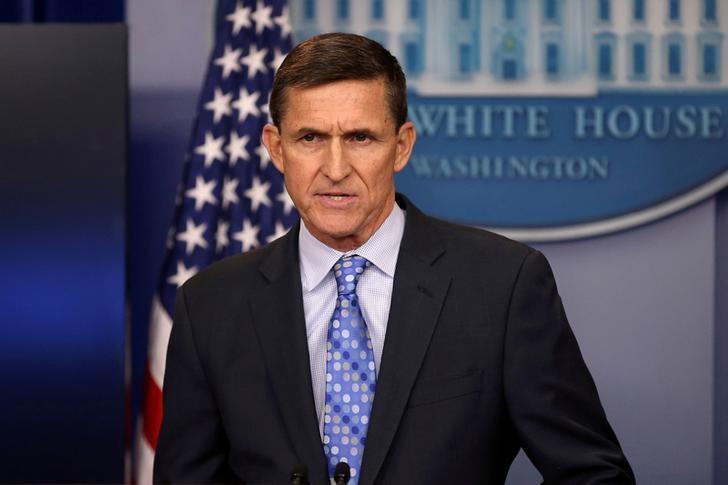Lt. Gen. Michael Flynn urged for “cool heads to prevail” in a phone call with Russian Ambassador Sergey Kislyak in December 2016, it has been revealed. The highly anticipated transcripts of the calls he made show he emphasized both countries needed to cooperate on counter-terrorism efforts and it was thus important for Russia to not further escalate the situation sparked by the Obama administration’s expulsion of Russian intelligence officers.
Flynn, who was the point man for foreign contacts on president-elect Donald Trump’s transition team, was worried that the Obama administration could thwart Trump’s plan of working with Russia on issues in the Middle East, one of the transcripts indicates.





